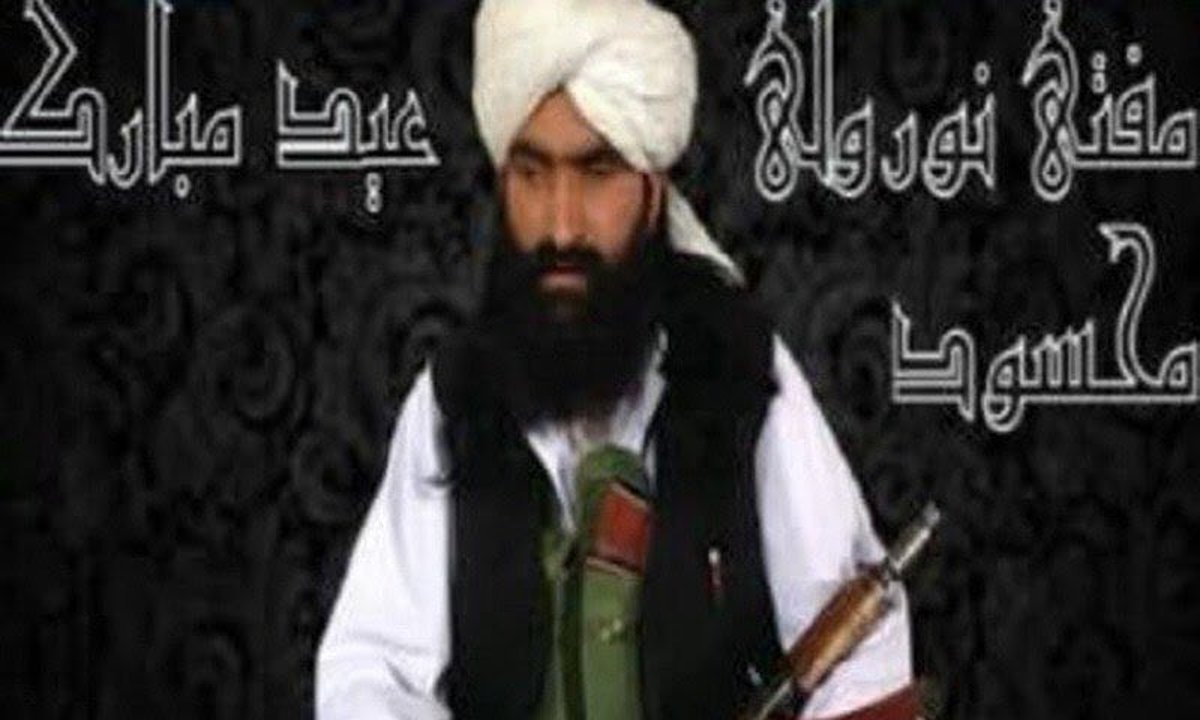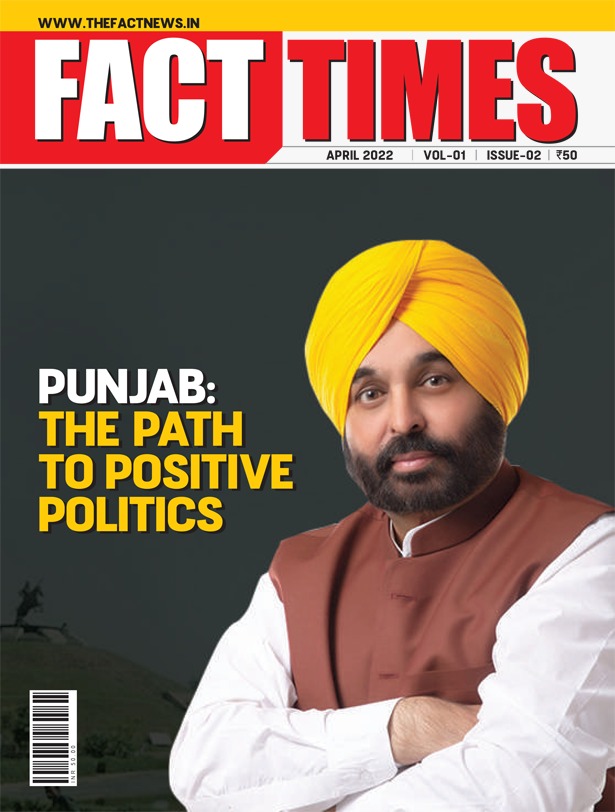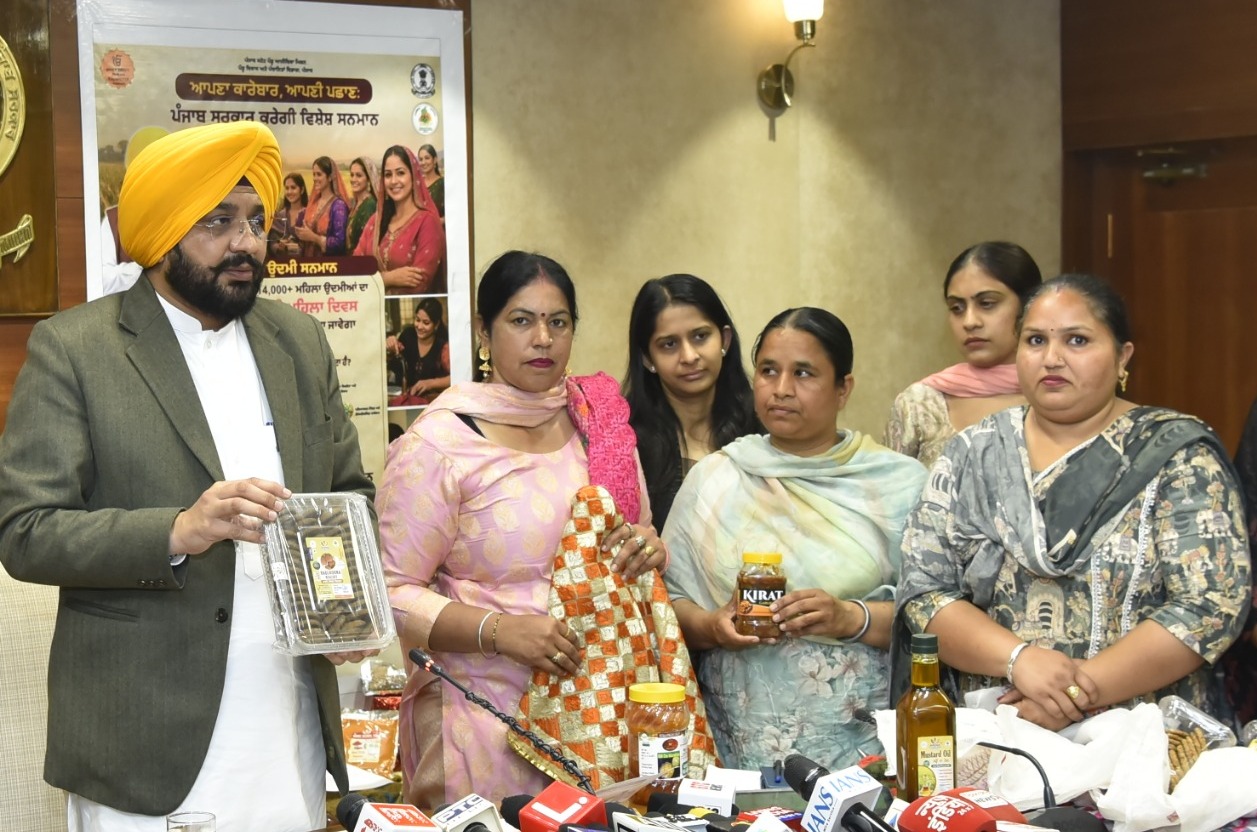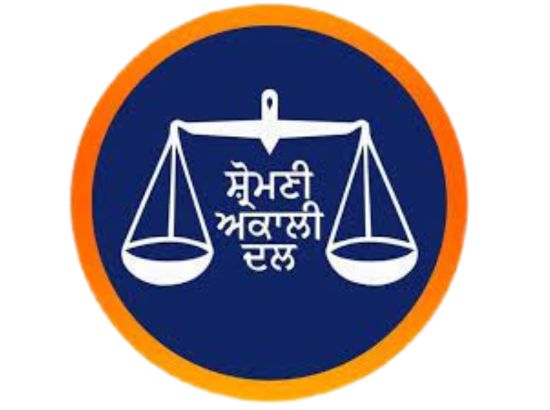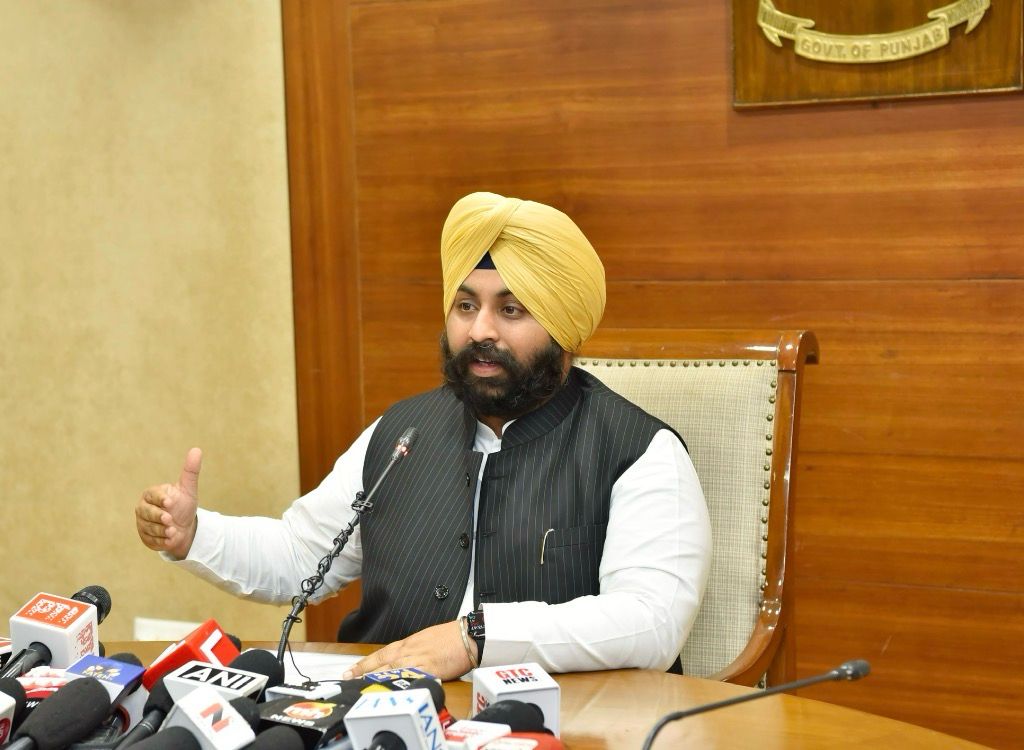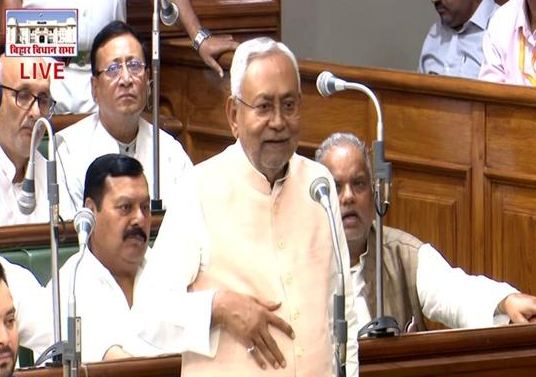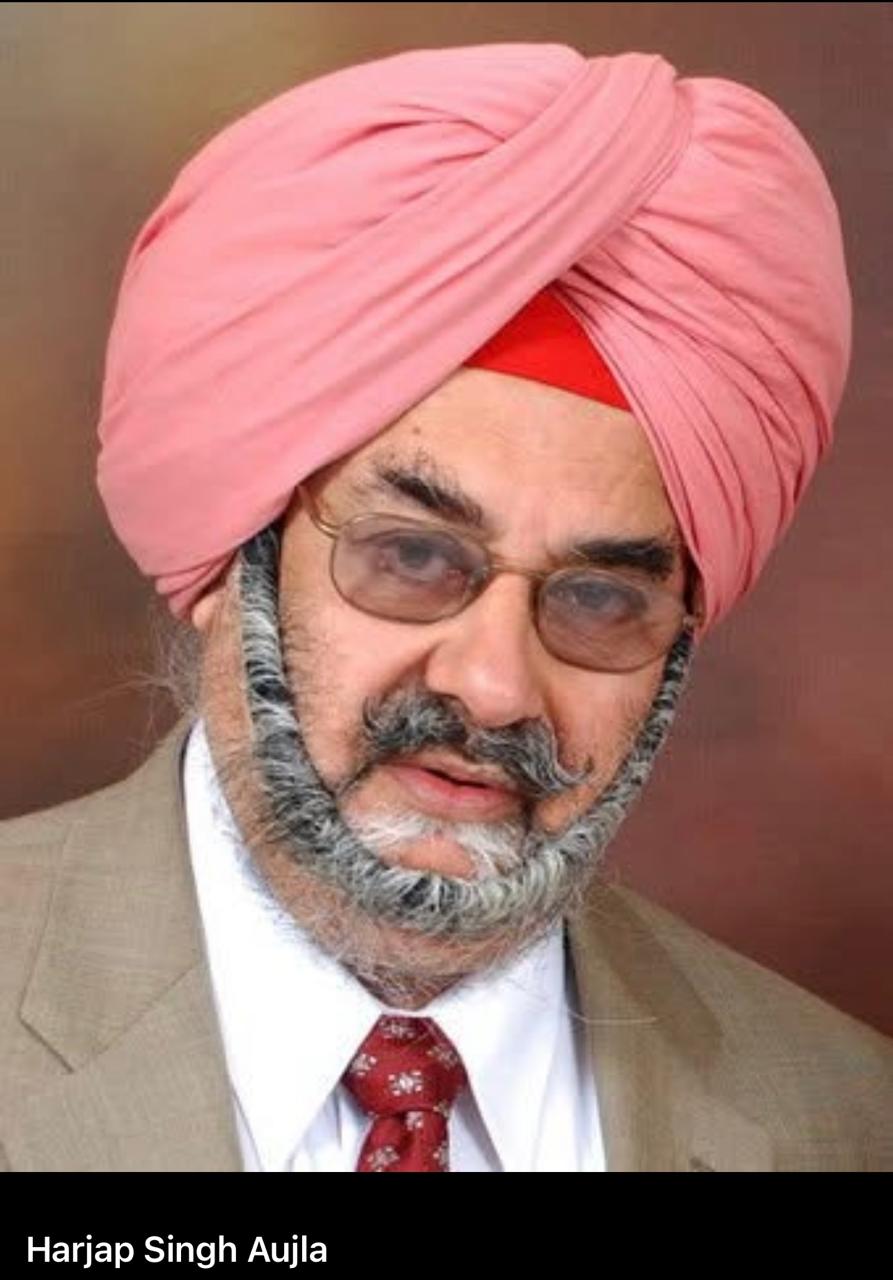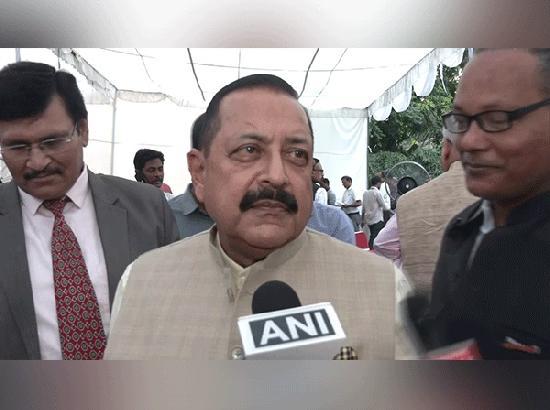After the latest and most serious clash in decades between Pakistan and Afghanistan, one man has once again emerged at the heart of their tensions — Noor Wali Mehsud, the militant leader Islamabad blames for directing near-daily attacks on its soil.
An uneasy ceasefire took hold on Wednesday, but Pakistan’s chief grievance remains unresolved: Mehsud and his senior commanders continue to live freely in Afghanistan.
Last week, a suspected Pakistani airstrike in Kabul targeted an armoured Toyota Land Cruiser believed to be carrying him, according to Pakistani security officials. Militants and Pakistani sources say Mehsud likely survived. Soon after, the Tehreek-e-Taliban Pakistan (TTP) released an audio message allegedly recorded by him.
Pakistan has not officially acknowledged responsibility for the strike — the first in Kabul since the 2022 U.S. operation that killed Al Qaeda chief Ayman al-Zawahiri.
The Afghan Taliban, meanwhile, denies sheltering Pakistani militants and accuses Islamabad of giving safe haven to members of the Islamic State’s local affiliate, its own sworn enemy.
Mehsud has led the TTP since 2018, succeeding three leaders killed in U.S. drone attacks. By that time, Pakistani military campaigns had already forced the group out of its tribal strongholds and across the border into Afghanistan.
Under Mehsud, the TTP regrouped, refined its strategy, and brought several splinter factions back under one banner. A former religious scholar, he also gave the movement a sharper ideological edge.
Pakistan says the Taliban’s return to power in Kabul in 2021 gave the TTP new freedom to move, recruit, and rearm — leading to a surge in attacks, especially across the northwest frontier.
The TTP is remembered for some of Pakistan’s worst atrocities, including the 2014 Peshawar school massacre that killed more than 130 children. Disturbed by the public backlash, Mehsud later ordered his fighters to avoid civilian targets and focus instead on security forces.
In a rare video speech earlier this year, he accused Pakistan’s military of betraying Islam and manipulating politics, claiming the generals had “hijacked the people of Pakistan for the last 78 years.”
The military, for its part, accuses the TTP of distorting religion and receiving support from India — a charge New Delhi dismisses.
A Tribal Insurrection
Mehsud blends religious ideology with ethnic nationalism. He has authored at least three books, including a 700-page manifesto that links the TTP’s rebellion to the anti-colonial struggle against British rule.
Abdul Sayed, an independent researcher on militancy in the region, notes that Mehsud casts himself as the voice of Pakistan’s Pashtun tribes, whose kin also dominate Afghanistan’s Taliban ranks.
“Mehsud is trying to recast the TTP as an armed movement defending Pashtun rights,” said Sayed, “and aims to establish a system similar to the Taliban’s rule in Afghanistan.”
Yet analysts say the group commands little public support, even in Pakistan’s tribal northwest.
In informal talks held recently through tribal mediators, the TTP demanded the imposition of its version of Islamic law in border regions, the withdrawal of the army, and permission for its fighters to return home. Pakistani authorities rejected all three demands.

